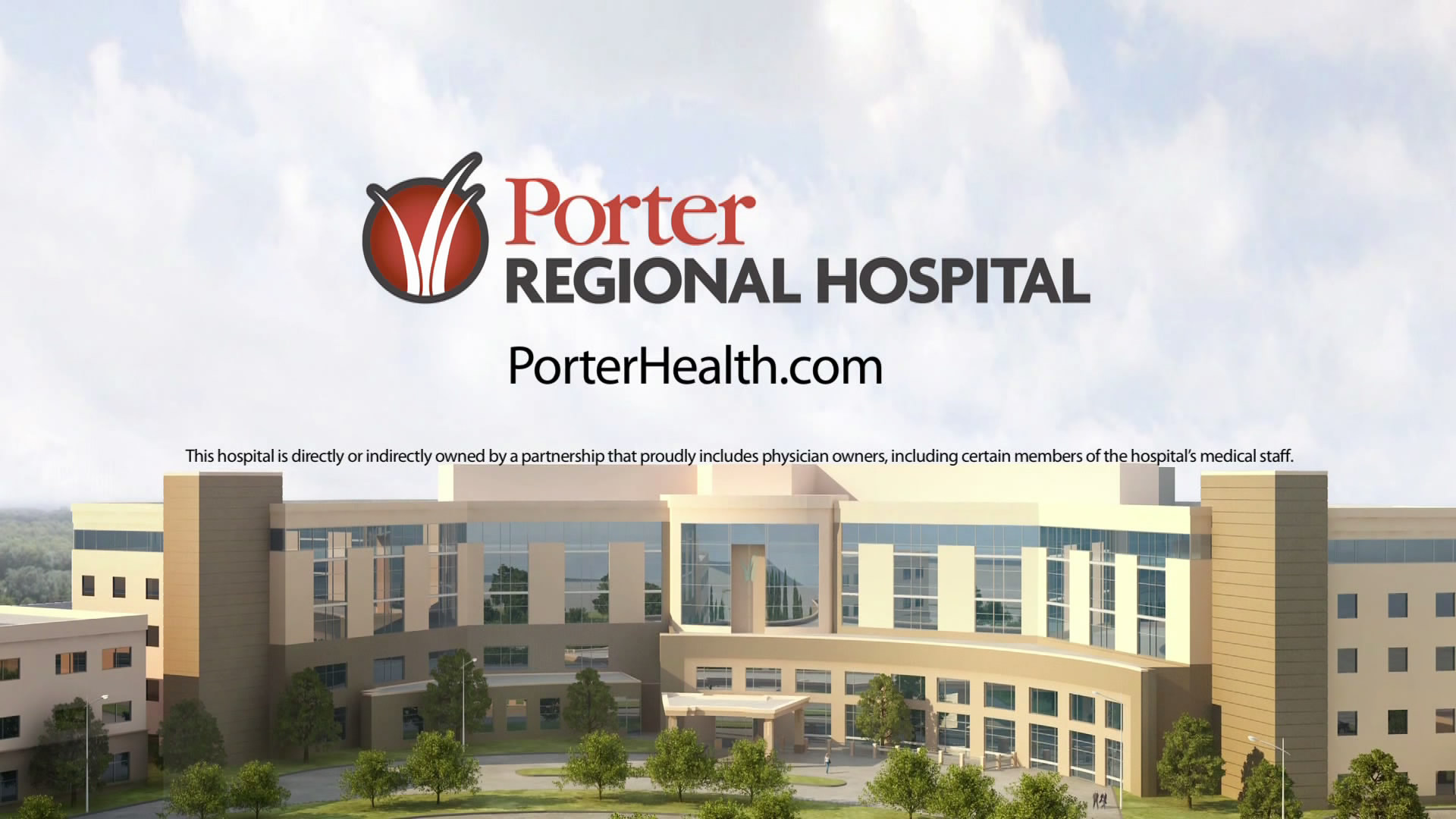Porter Regional Hospital is one of only 66 participating hospitals nationwide to have achieved meritorious outcomes for surgical patient care, as recognized by the American College of Surgeons. The hospital is the only one in the region with the prestigious distinction.
The recognition means that patients who have surgery at Porter Regional Hospital are receiving care from a team armed with powerful data about surgical outcomes, with an ultimate goal of improving patient safety by reducing infection, illness, or death related to surgery.
“This is a significant accomplishment that has taken years to plan. The team at Porter has done a phenomenal job of starting up our surgical care quality program. We are still in the early stages of the program so it is good to be deemed meritorious so soon,” said Jac Cooper, M.D., a general surgeon at Porter Regional Hospital.
Cooper and general surgeon Adam Conn, M.D., were instrumental in starting Porter’s participation in the American College of Surgeons National Surgical Quality Improvement Program (ACS NSQIP®).
“We expect our participation in the ACS NSQIP® to have a direct positive affect on the quality of care for our surgical patients,” Conn said. “The more we know about how well our patients do after surgery, the better we can do as a care team to create or modify processes and protocols. The work is tedious, and requires focus and discipline to track outcomes, educate our staff, and communicate well with patients. We are honored for the recognition,” Conn said.
Porter’s participation in ACS NSQIP® began in 2015, but the first full year of data collected on surgical patients was in 2016. Sarah Leroux, RN, MSN, CNOR, is the surgical clinical reviewer for the program, and the person behind the scenes tracking surgical outcomes at the hospital.
“It is exciting to have a full year’s worth of data now, because our program is based on trends. We are looking at outcomes for several specific areas, and we are interested not only in how we can improve patient care at our hospital, but how we are performing compared to other facilities like us, and others who are better,” Leroux said.
The ACS NSQIP® recognition program commends a select group of hospitals for achieving a composite meritorious outcomes related to patient management in eight clinical areas: death, unplanned use of a breathing tube, being on a ventilator longer than 48 hours, kidney failure, cardiac incidents (such as heart attack or cardiac arrest), pneumonia, surgical site infection, or urinary tract infection. Risk-adjusted data from the July 2017 ACS NSQIP Semiannual Report, which presents data from the 2016 calendar year, were used to determine which hospitals demonstrated meritorious outcomes.
ACS NSQIP® is the only nationally-validated quality improvement program that measures and enhances the care of surgical patients. The program measures the actual surgical results 30 days after surgery, and risk adjusts patient characteristics to compensate for differences among patient populations and sickness levels. In addition to improving patient safety, the goal is to provide a firm foundation for surgeons to apply what is known as the best scientific evidence to the practice of surgery. And, better surgical outcomes also means a reduction in healthcare costs.
Porter has taken the concept to another level by implementing a pilot internal program designed to provide a comprehensive educational experience for certain patients who are going through a planned surgery. The Enhanced Recovery after Surgery (ERAS) is for select patients having colorectal or hernia surgeries. Leroux tracks post-surgical outcomes and overall patient compliance after surgery in hopes of identifying trends so the patient care team can intervene and change processes or protocols to improve outcomes.
Before surgery, these patients receive an ERAS educational guidebook that provides comprehensive checklists that patients must complete before and after surgery. “We want our patients to be in the best condition possible before their surgery. Just like you train for a marathon, you need to get ready for surgery, too,” Leroux said.
Patients meet with a nurse two weeks before surgery and then work with nursing staff to complete their checklists after their surgery. “We have had patients thank us for the follow up phone calls, which is very rewarding. We are here to help them; that is most important,” she said.

